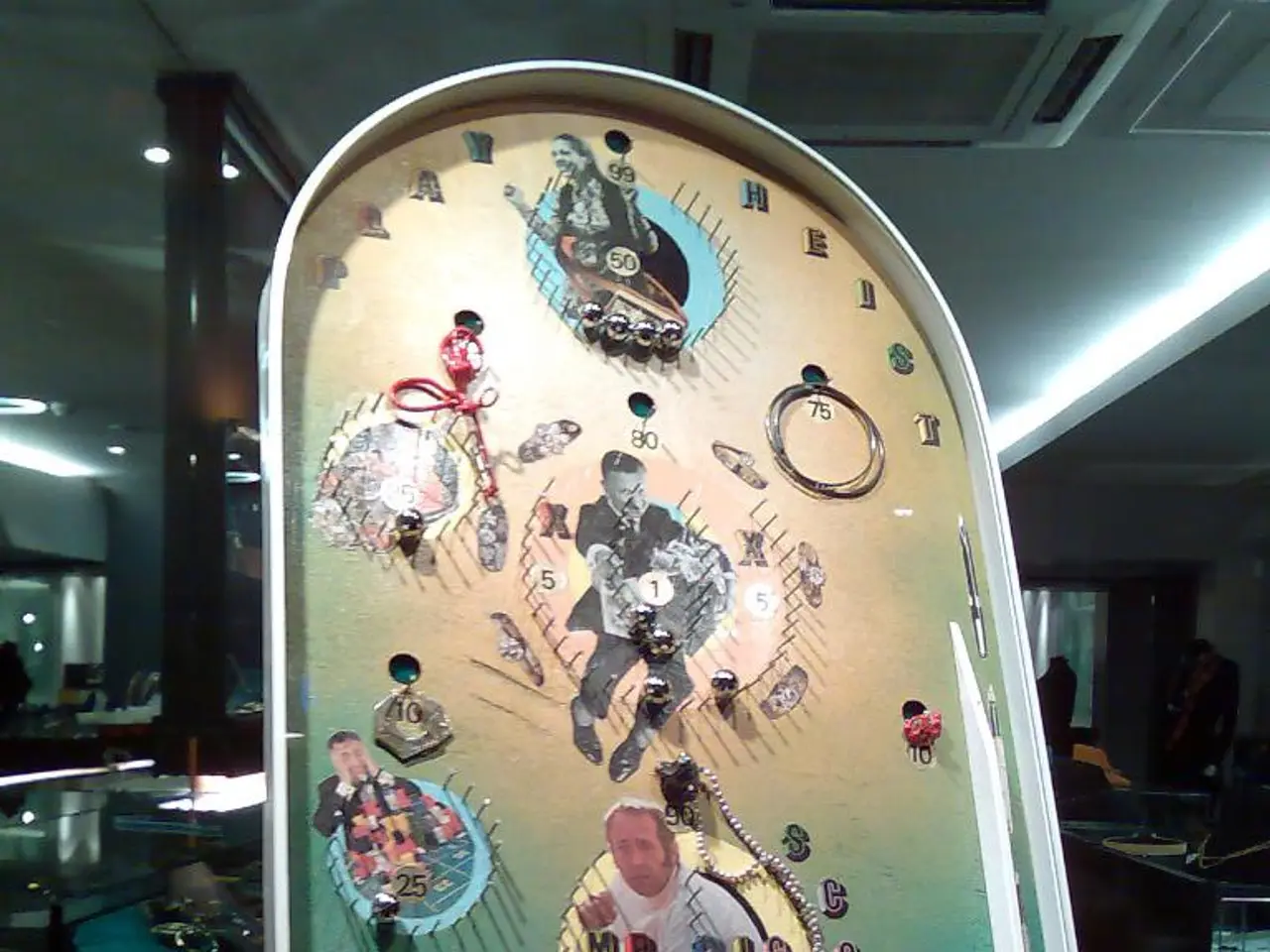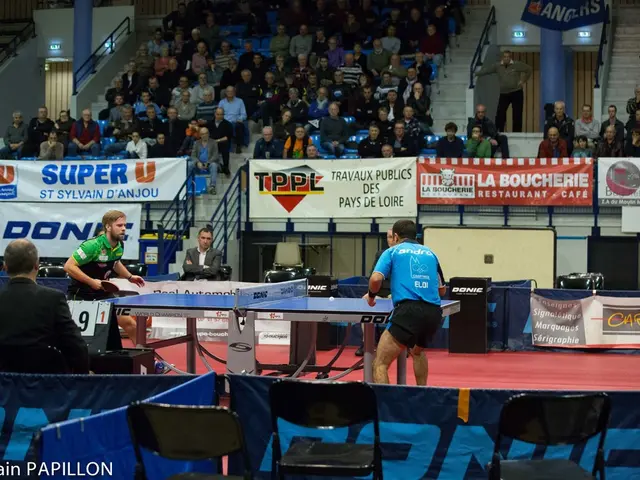Decreased Preference for Air Conditioners in the Technology Sector
**Decreased Interest in Air Conditioners in Germany: Key Factors and Analysis**
A recent study reveals that the demand for air conditioners in German households has remained relatively stable, with 20.5 percent of respondents using an air conditioner at home last year. However, a closer look at market trends suggests a potential decrease in interest or reduced sales for heating, ventilation, and air conditioning (HVAC) equipment in Germany.
Several key factors appear to be contributing to this shift.
**1. Energy Policy and Market Uncertainty**
Regulatory changes, such as those introduced by the latest German Building Energy Act, have created uncertainty in the heating technology market, including air conditioning and heat pump systems. This uncertainty has resulted in reduced demand for new installations. Furthermore, heat pump sales in Germany dropped sharply by 48% in 2024, reflecting broader market reluctance, which may have spillover effects on related cooling equipment.
**2. Economic and Geopolitical Challenges**
The overall macroeconomic environment has led to decreased consumer and business spending, with ebm-papst, a major HVAC and fan technology supplier, reporting a 13.1% decrease in sales for the 2024/25 fiscal year. Additionally, while demand for cooling systems in industrial sectors (like data centers) is rising, residential and commercial HVAC demand may be falling due to economic caution.
**3. Competing Priorities and Alternative Solutions**
There is a growing emphasis on energy-efficient systems, which can sometimes lead consumers to delay purchases in anticipation of new, more efficient products or to consider alternative solutions. Furthermore, the continuation of what some describe as "nonsensical" gas subsidies has been blamed for the slump in heat pump sales, which can similarly affect the air conditioning market if consumers opt for cheaper, older technologies due to financial incentives.
In summary, the decrease in interest for buying air conditioners in Germany is likely influenced by a combination of regulatory uncertainty, economic pressures, and shifting priorities toward energy efficiency and policy-driven market incentives. These factors have created a challenging environment for both manufacturers and consumers in the HVAC sector.
It is worth noting that air-to-water heat pumps require certain heating bodies for their cooling function, and Verivox also suggests a possible link between the decreasing interest in air conditioners and the increasing number of heat pumps. Moreover, Verivox suspects the decreasing interest in buying air conditioners may be due to high electricity costs.
As the HVAC market continues to evolve, it will be interesting to see how these trends develop and how manufacturers and consumers adapt to the changing landscape.
- The decreased demand for new HVAC installations, including air conditioners, may be attributed to the regulatory changes in the German Building Energy Act, which has created uncertainty in the heating technology market.
- As consumers prioritize energy-efficient systems and consider alternative solutions, there could be a delayed demand for traditional air conditioning gadgets while they await more efficient models or explore other technologies.







